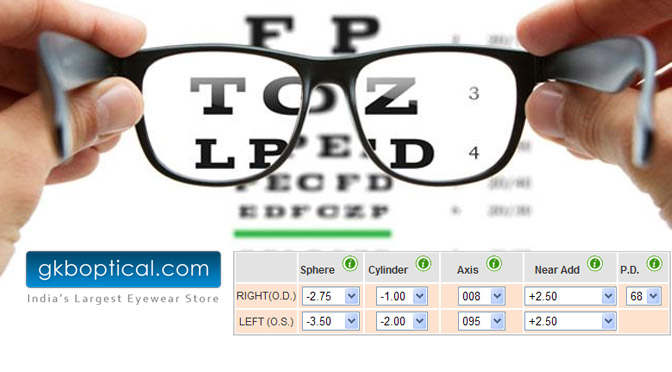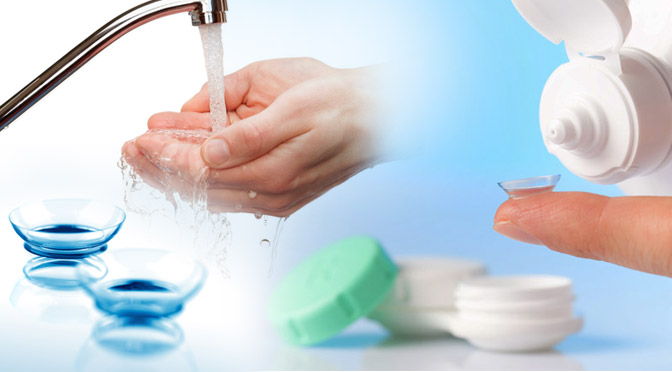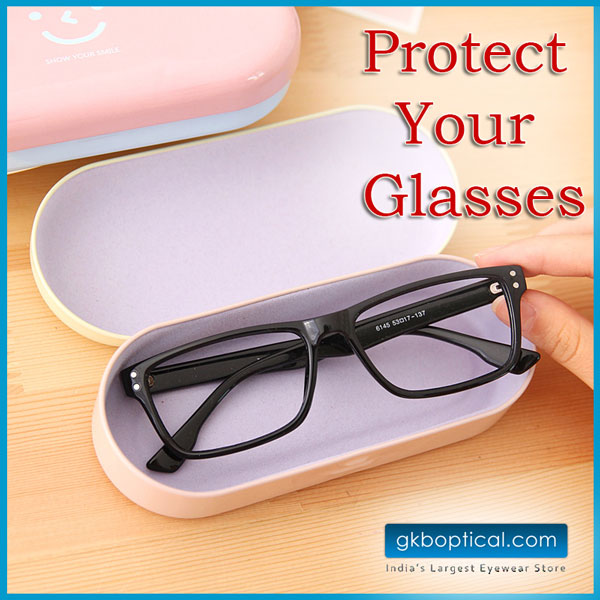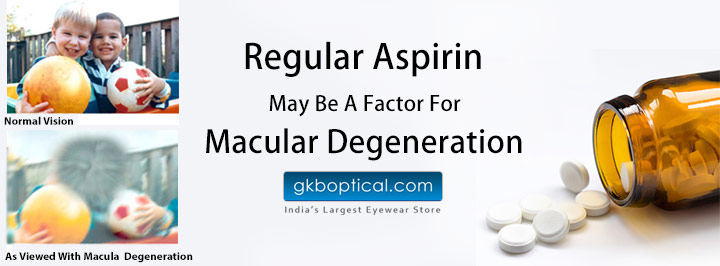Have you ever woken up with eyelids stuck together? Do your eyelids seem to have greasy flakes around the eyelashes on waking up? If you are experiencing these symptoms, you might be suffering from blepharitis.
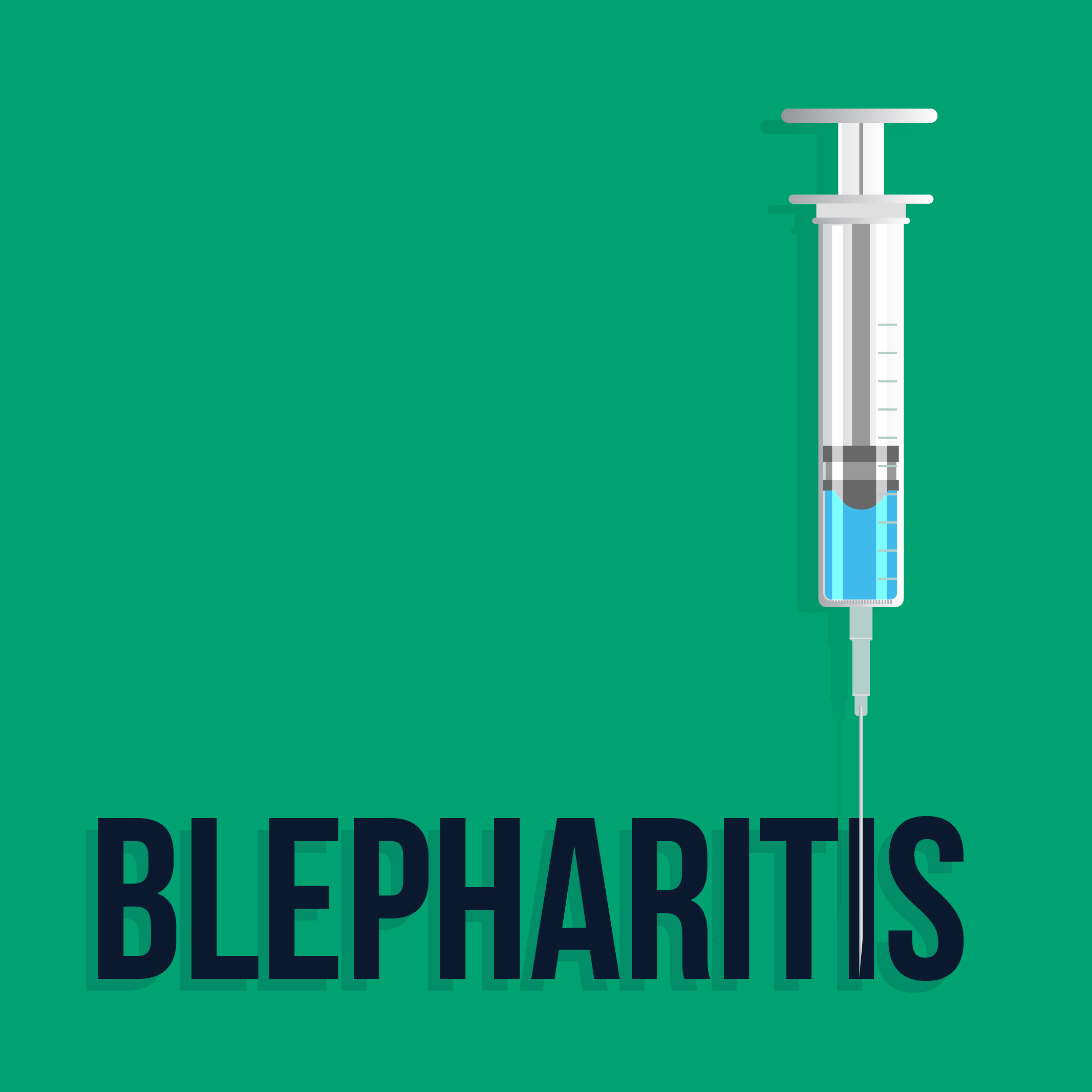
Blepharitis refers to the eye health condition that causes inflamed eyelids. The portion of the eyelid that generally gets inflamed is the area around the eyelashes. The inflammation causes the eyelashes to become ingrown or fall out. Blepharitis is not a transferable condition and the causes of the disease include bacterial infection or excessive oil gland production near the eyelids where the eyelashes grow. Blepharitis is of two forms:
Anterior Blepharitis: Anterior Blepharitis adversely affects the outside of the front eyelid where the eyelashes are attached.
Posterior Blepharitis: This is a kind of blepharitis that is linked to the dysfunction of Meibomian glands within the eyelid that secrete oil to assist the lubrication of the eyes.
Blepharitis Symptoms:
The condition of blepharitis can be present in both eyes and can affect both children and adults. The symptoms of Blepharitis are as follows:
- Red, dry, itchy and blurry eyes.
- Light sensitivity and crusting of eyelashes.
- Excessive tears and gritty sensation in the eyes.
Maintaining good eye health is the crucial key to keeping blepharitis under control. If you undergo any of the above symptoms, do consult an eye specialist. Some of the complications that are associated with blepharitis are dry eye syndrome, permanent scarring of the eyelids and pink eye. Typically, the treatment of blepharitis includes:
- Eyelid scrubbing: Removing the build-up of excessive bacteria from the lid margin is essential for successful blepharitis treatment. On visiting the doctor, it is recommended to take a daily regimen of warm compresses and lid scrub to clean the eyelid and reduce the build-up of bacteria. Cleaning agents which must be used include prescription eyelid cleanser(Avenova) and non-prescription eyelid cleansing pad (Ocusoft; Systane).
- Medicated ointments or eye drops: The doctor might prescribe topical medicines like ointment or eye drop to remove excessive blepharitis causing bacteria or microbes on eyelids.

GKB Opticals recommends that if you experience any such symptom listed above, immediately schedule an eye examination with an experienced Ophthalmologist for immediate treatment.




